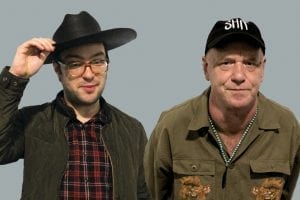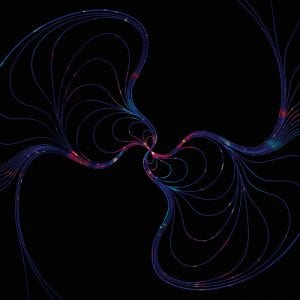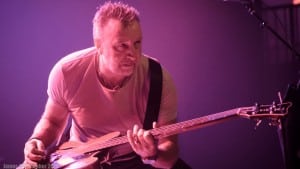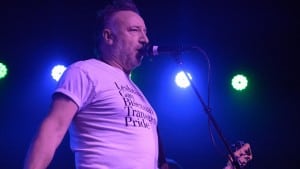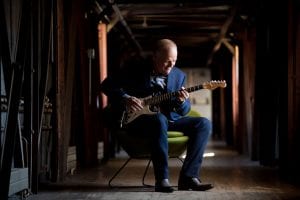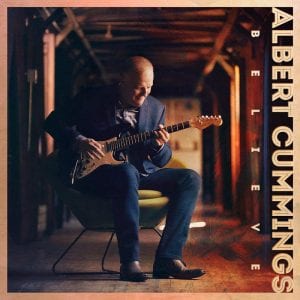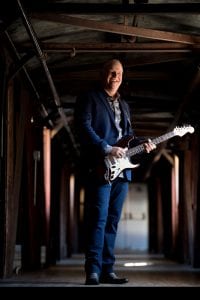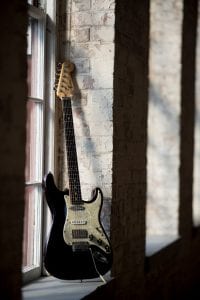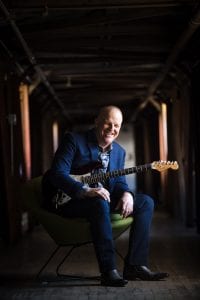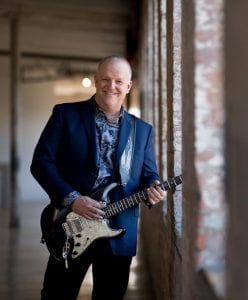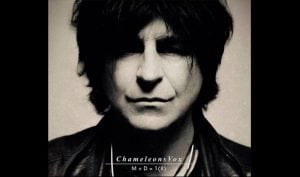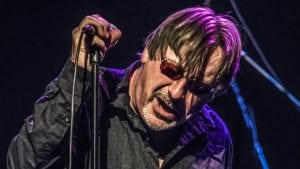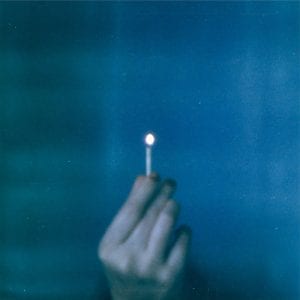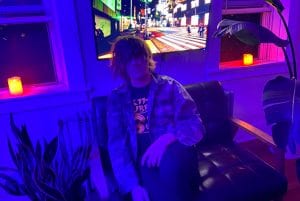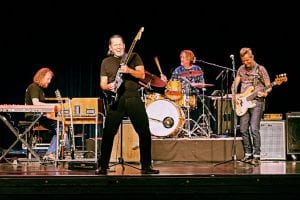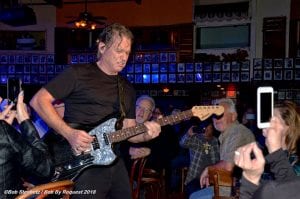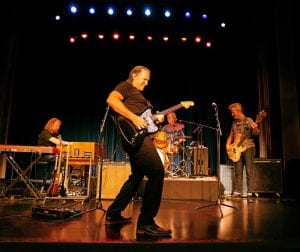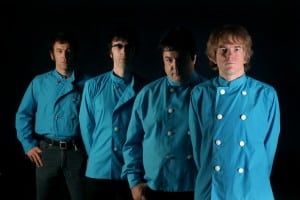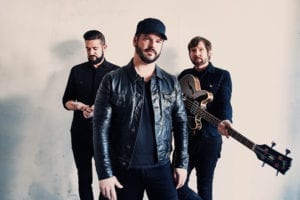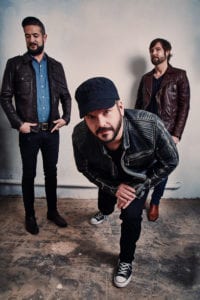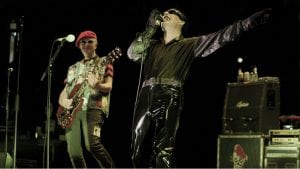ALEX PATERSON / THE ORB 2019 interview rerun…
The Orb recreate a live musical collage of their greatest hits during this, their 30th year anniversary, currently on tour in the states. Breaking out samples and sounds, beats and rhythms, The Orb impact an audience with their trippy sounds and visual aids.
“It’s a mish mash of old and new,” founder Alex Paterson noted. “With bits of old things being played over new things and vice versa. A bit more energetic. A bit more danceable, rather than hip swaying.”
The Orb bring their own elaborate visuals to compliment the live music which are dependent on the size of the screen available at each venue. The bigger the screen, the bigger the visuals. While producer/collaborator Michael Rendall joins Paterson for the musical side of the live spectrum.
“It’s a very similar set up as me and Thomas (Fehlmann) with a lot more freedom.,” Paterson said. “We’re sacking the Americas… We’re throwing American techno back at them…old style…payback time. It’s all good fun. And remember it’s 30 years since the beginning of House pretty much in the world.
“But the visuals compensate for everything you see… I’m just the conductor.”
Mixed throughout the setlist of reimagined greatest hits are several songs from No Sounds Are Out Of Bounds. Tracks such as “Doughnuts Forever” and the 15 minute “Soul Planet”, one of Paterson’s favorites to play live.
“Soul Planet all the way,” Paterson confirmed. “It’s the last track on the album and it’s the longest track on the album. It’s what we can all do very, very, very well. When we do a long track, we can investigate what’s going on in 15 minutes, it’s good fun.”
“And Rush, “Rush Hill Road” which is a single and a video. That goes down real well. We muck it about, make it sound a bit heavier.”
The catchy “sing along” album version of “Rush Hill Road” features Hollie Cook on vocals.
“Dare I say I know her dad, Paul Cook, from the Sex Pistols”? Paterson teased. “I used to be a Killing Joke roadie, and Paul’s met me years ago many times in different clubs and things and we all eventually did a gig, it was quite bizarre, with the Sex Pistols when they did a reunion back in the 90’s, it was really odd.
“So anyway, I met Hollie a couple times through the reggae connection, as well, then she started doing an album with Youth (Killing Joke), and Youth being one of my best friends invited me over, and we did a track on her album, then she did a track for me on our album.”
Prior to No Sounds Are Out Of Bounds, The Orb released Cow, a unique and truly original flow of atmospheric songs, alternating and overlapping samples such as – animal noises, rushing rivers – but it wasn’t really toured or performed live.
“Well, what I can tell you about that album is that no musical instruments were played in the making of that album,” Paterson revealed. “It was an absolute joy to use samples in a very constructive way…not even bars, not even loops, just sounds; and then creating our own music with those sounds.
“The whole thing was (put together) a little under 10 days. It’s a small album, it’s only 41 minutes long. It sits very well on the palette.
“Lots of the recordings were taken in America when we went down to the Moogfest three years ago in Durham and I discovered the river Eno which I thought was quite amusing, so I recorded it. And that’s on the album, as well.”
Hanging out in clubs in the late 80’s, hearing things that he liked, Paterson wanted to do his own thing similar to what he was hearing.
“I was lucky to have people around me with studios that I could go in and muck about,” Paterson recalled. “Creating my own music in ‘88, ’89, was very much fun. A lot of freedom. A lot of experiments. Not afraid to do things.
“Everything’s gotten a lot easier with the advent of mass production of computers. It takes away a lot of the studio costs, which is quite good, really. Because you can spend a lot of time in the studio doing this thing.
“I haven’t finished yet. It’s a good feeling to feel that a childhood sort of dream that you always wanted to make music, you always wanted to be known for your music, your art, I did it.”
It’s not often that The Orb play in the states so don’t miss them at Teragram Ballroom Nov. 21.
“Looking forward to Los Angeles,” Paterson admitted. “We should be rocking you by then.”
